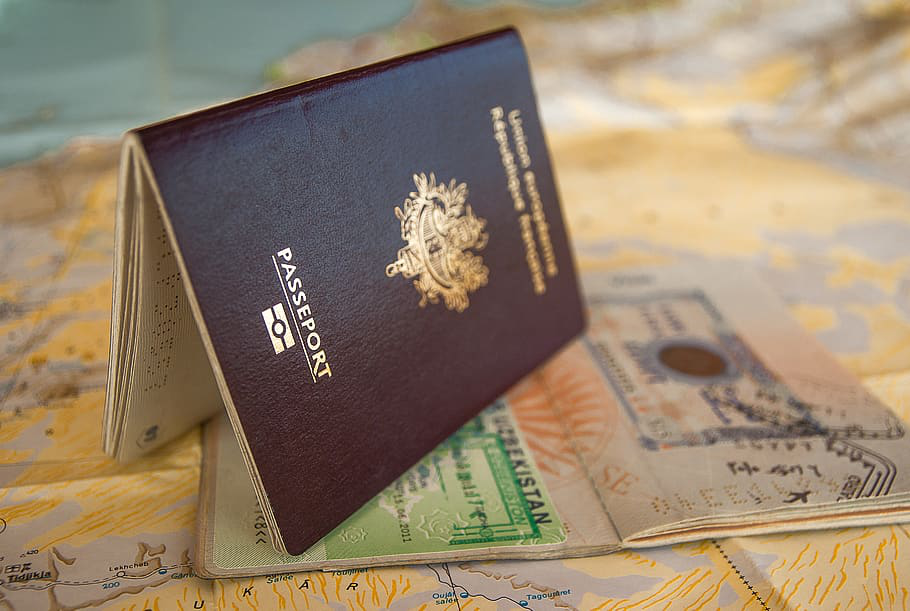Turkey is a top destination for business travelers, offering vibrant industries and strategic connections for companies. If you’re planning a business trip to Turkey, it’s important to understand the rules surrounding Turkey visa validity and the specific requirements for business visitors to Turkey. This article will help you navigate the visa process, ensuring a smooth and successful trip.
1. Understanding Turkey Visa Validity
When planning a business trip to Turkey, the first step is to determine the Turkey visa validity. The visa’s duration depends on the type of visa granted and the purpose of your visit. The most common business visa issued for business travelers is a short-term visa, typically valid for up to 90 days within a 180-day period. This allows multiple entries, but you need to adhere to the conditions set by the Turkish authorities regarding the validity of the visa. It’s essential to check the specific terms of your visa to avoid any legal complications.
For longer stays, such as for those involved in long-term business projects or partnerships, it’s recommended to apply for a residence permit after entering Turkey. The Turkey visa validity will often be the key determining factor in the process.
2. Key Documents Required for Business Visitors to Turkey
Business visitors to Turkey need to gather specific documents before applying for a visa. A valid passport, which must be valid for at least 60 days beyond your planned departure from Turkey, is required. You also need to submit a completed visa application form, an invitation letter from the Turkish business partner or company, and proof of financial means to support your stay in the country.
The business visitors to Turkey visa is generally processed fairly quickly. However, ensure all necessary documents are submitted on time, and be prepared for possible additional paperwork or interviews, depending on the specifics of your visit.
3. The Process of Applying for a Business Visa to Turkey
The process for obtaining a Turkey visa validity for business purposes begins with filling out an online application. After submitting your application, you may be required to attend an interview at the Turkish consulate or embassy in your home country.
Once approved, the visa will be stamped in your passport, and you can make travel arrangements. It’s important to remember that Turkey has different visa types depending on the length and purpose of the visit, so make sure to apply for the correct one. The process is generally straightforward, but starting early and having the correct documents can avoid unnecessary delays.
4. Tips for Business Visitors to Turkey
When traveling to Turkey for business, it’s important to be aware of cultural norms and practices. Understanding the Turkish business etiquette will enhance your experience. Punctuality is highly valued, and respect for hierarchy is often important in Turkish business settings. Learning a few basic phrases in Turkish can also be a great way to connect with local colleagues and clients.
Additionally, ensure that you have all necessary documents and the correct Turkey visa validity to avoid any complications during your trip. Check your visa before departure to confirm its validity and whether it covers the full duration of your stay.
Conclusion
For business travelers, understanding Turkey visa validity and the specific regulations for business visitors to Turkey is essential for a successful trip. By following the outlined process, you can ensure your visit is smooth and that you comply with all the legal requirements. Whether you’re staying for a few days or engaging in a long-term business project, planning ahead is key. Turkey remains an attractive destination for business opportunities, and having the right visa will allow you to make the most of your visit. Always stay informed about changes in visa regulations and ensure your paperwork is in order.






